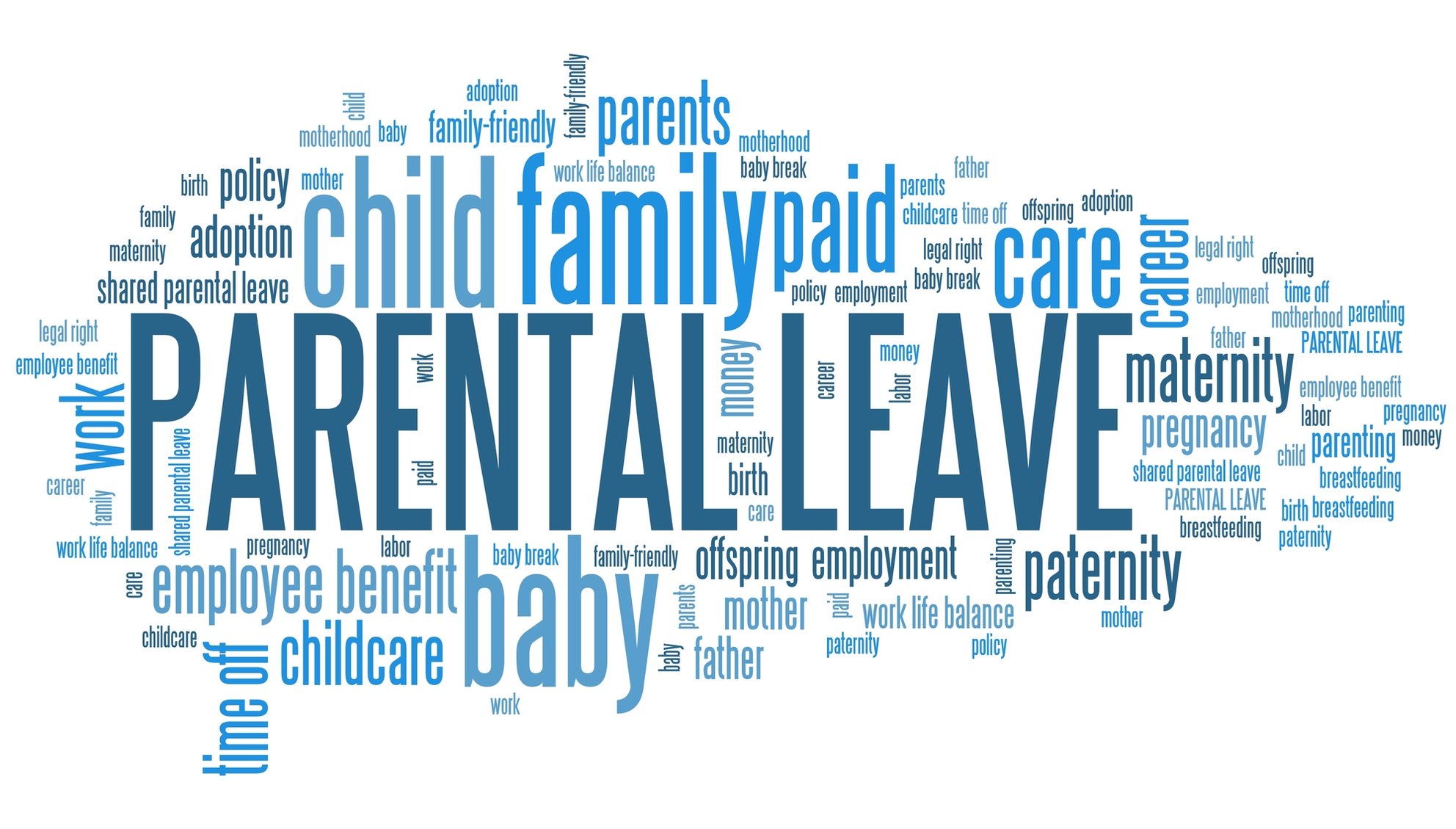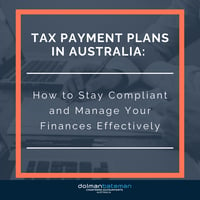Paid Parental Leave
 Paid parental leave is a government-funded benefit that provides financial support to new parents during the early stages of their child's life. This benefit is designed to help parents take time off work to care for their newborn or newly adopted child without sacrificing their income or job security. In this blog post, we'll take a closer look at paid parental leave and how it works.
Paid parental leave is a government-funded benefit that provides financial support to new parents during the early stages of their child's life. This benefit is designed to help parents take time off work to care for their newborn or newly adopted child without sacrificing their income or job security. In this blog post, we'll take a closer look at paid parental leave and how it works.
Eligibility for Paid Parental Leave:
You must be the primary carer of a newborn or newly adopted child.
The work test requires that you have worked for at least 10 of the 13 months prior to the birth or adoption of your child, and that you have worked for at least 330 hours in that period.
The income test requires that you have an individual adjusted taxable income of $150,000 or less in the financial year prior to the birth or adoption of your child.
Duration of Paid Parental Leave:
Paid parental leave provides eligible parents with up to 18 weeks of financial support. This payment is calculated based on the national minimum wage and is paid directly to the parent on a fortnightly basis.
Parents can choose to take their paid parental leave in a continuous block or in separate blocks, subject to the agreement of their employer. They can also choose to take the leave at any time within the first 12 months following the birth or adoption of their child.
Application for Paid Parental Leave:
To apply for paid parental leave, you need to submit an application form to the Department of Human Services. You will need to provide supporting documentation, such as proof of birth or adoption, and details of your work and income history.
It is important to apply for paid parental leave as soon as possible after the birth or adoption of your child, as processing times can vary. You have until 40 weeks after the birth or adoption of your child to apply. The Department of Human Services recommends submitting your application up to 3 months before the expected date of birth or date of adoption. This blog has been prepared for the purposes of general information and guidance only. It should not be used for specific advice or used for formulating decisions under any circumstances. If you would like specific advice about your own personal circumstances, please feel free to contact us on 02 9411 5422. We can help make sure the right method is used to give you the maximum possible tax deduction associated with any of these methods.
This blog has been prepared for the purposes of general information and guidance only. It should not be used for specific advice or used for formulating decisions under any circumstances. If you would like specific advice about your own personal circumstances, please feel free to contact us on 02 9411 5422. We can help make sure the right method is used to give you the maximum possible tax deduction associated with any of these methods.



